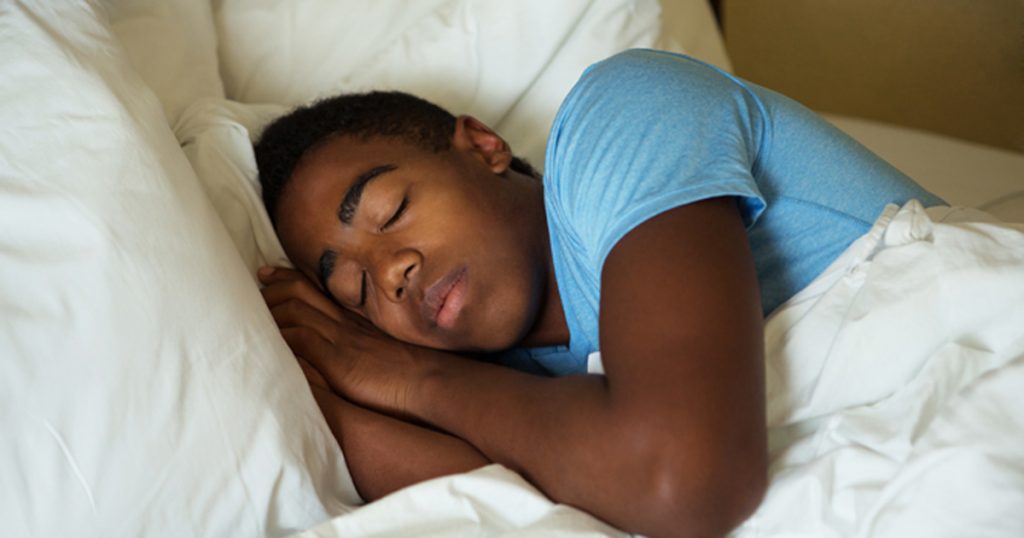December 22, 2021
2 min read
Healio’s coverage of sleep studies throughout the year highlight the importance of a good night’s rest.
“Research continues to grow demonstrating the importance of sleep to health,” Raman Malhotra, MD, the president of the American Academy of Sleep Medicine (AASM), told Healio Primary Care. “Numerous studies continue to demonstrate that sleep disorders are not only common in patients with neurodegenerative conditions such as dementia and Parkinson’s disease but may also play a role in the cause or at least accelerate the progression of disease.”

Malhotra noted several important updates in sleep medicine in 2021, including the FDA approval of wake-promoting agents for narcolepsy, a new indication for Xywav (calcium, magnesium, potassium and sodium oxybates; Jazz Pharmaceuticals) for the management of idiopathic hypersomnia, and updated practice guidance from AASM.
The most popular sleep story of the year was about the benefits of nonpharmacological sleep interventions among patients with anxiety. Other top stories showed that sleep duration can impact COVID-19 vaccine response and mortality risk.
Read these and more top stories on sleep below:
Nonpharmacological sleep interventions reduce anxiety
Nonpharmacological sleep interventions were effective in reducing anxiety and sleep-related thought processes, and these benefits were more substantial in patients with anxiety, according to a recent meta-analysis. Read more.
Q&A: A good night’s sleep may improve immune response to COVID-19 vaccine
Getting good sleep before and after receiving the COVID-19 vaccine may boost immune response, according to the AASM. Read more.
Too little or too much sleep may increase mortality risk
Sleeping less or more than 7 hours was significantly associated with an increased mortality risk in men and women, according to an East Asian study published in JAMA Network Open. Read more.
Many older adults use sleep medications every night
Older adults frequently used medication to treat sleep difficulties, according to study results presented at Psych Congress. Read more.
Healthy sleep patterns may lower arrhythmia risk
Healthy sleep patterns may be associated with reduced risk for atrial fibrillation/atrial flutter and bradyarrhythmia, according to research published in the Journal of the American College of Cardiology. Read more.
Cannabis use tied to poor nightly sleep patterns
Recent cannabis users were more likely to report inadequate sleep durations than individuals who did not recently use cannabis, according to researchers. The association appeared to be stronger in heavy cannabis users. Read more.
Survey highlights lack of awareness of sleep apnea, diagnostic options
According to a survey led by Itamar Medical, 89% of respondents believe they know what sleep apnea is, but their understanding is superficial, with awareness lacking of the wider implications of sleep apnea. Read more.
More exercise, less TV time may cut risk for obstructive sleep apnea
More physical activity and less time spent sedentary were associated with a lower incidence of obstructive sleep apnea, according to new results published in the European Respiratory Journal. Read more.
Sleep disorders linked to higher health care utilization, expenditures
Researchers estimated that the health care costs of 13.6 million U.S. adults with a sleep disorder total approximately $94.9 billion annually. Read more.
Quality sleep, other wellness practices improve reproductive capacity in women
A good night’s sleep and other habits related to well-being can have a collective positive effect on women and their attempts to conceive, according to a study presented at the ASRM Scientific Congress & Expo. Read more.

